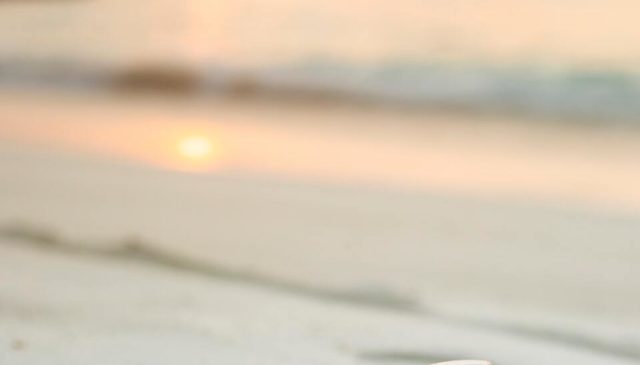
Sana Packaging, founded by Ron Basak-Smith and James Eichner while attending the University of Colorado Boulder’s MBA program, aims to revolutionize product packaging with its hemp-based solutions.
“Ron approached me with the idea to do something about cannabis packaging. While a lot of positive things have come from cannabis legalization, one of the biggest negative externalities is packaging waste,” Eichner explained.
Eichner and Basak-Smith were awarded the prestigious university pitch competition for their efforts, and decided to continue developing Sana after graduating through a business accelerator program in Spring 2017.
“What started off as wanting to explore innovative materials and addressing simple problems turned into a mission driven company where the ultimate goal is to design and develop cannabis packaging for a circular economy,” said Eichner.
Today, Sana Packaging works to bring sustainable solutions through 100% reclaimed ocean plastic and 100% plant-based hemp plastic.
Eichner characterized today’s current economic model as incredibly wasteful: resources are extracted to create a product which is then produced and used only to be disposed of immediately after.
The ultimate goal of Sana’s circular economy is to minimize waste and pollution, “from material sourcing to the end-of-life cycle for products,” to keep products and materials in use to ensure materials being used are “reclaimed” to regenerate the natural world.
Rather than simply curb negative environmental impacts, Eichner and Smith also wish to draw tangible benefits from sustainable products: “You could apply that to any of the materials we use, whether hemp-based plastics or reclaimed ocean plastic. In order to create these products, we have to remove waste from the environment.”
“When we finished the accelerator in 2017 and started working on this full-time, we were still in product development. We had 3D printed prototypes of our products, such as hemp-based pre-roll tubes and containers.” Sana remained in this phase until 2018 which included finding a willing manufacturer as hemp-based materials are much more uncommon in packaging.
The company’s first products were launched in the summer of 2018 during a six-month pilot program. By January 2019, Sana opened its doors for sales to the wider public. Sana has plans to have eight unique products in 2021.
At the end of the day, sustainability is the ultimate goal.
“I think the cannabis industry is interested in our packaging. It is growing rapidly, creating a huge need for sustainable products. It is a market that has room for a startup like us. And the industry has a high willingness to pay for sustainable materials,” even though they come at a premium, according to Eichner.
Sana’s customers are in North America, with the majority being based in the US, as well as additional customers in Canada, Puerto Rico, and Guam.
Image Credit: Ishan@seefromthesky
Image Source: https://unsplash.com/photos/4xmgrNUbyNA
